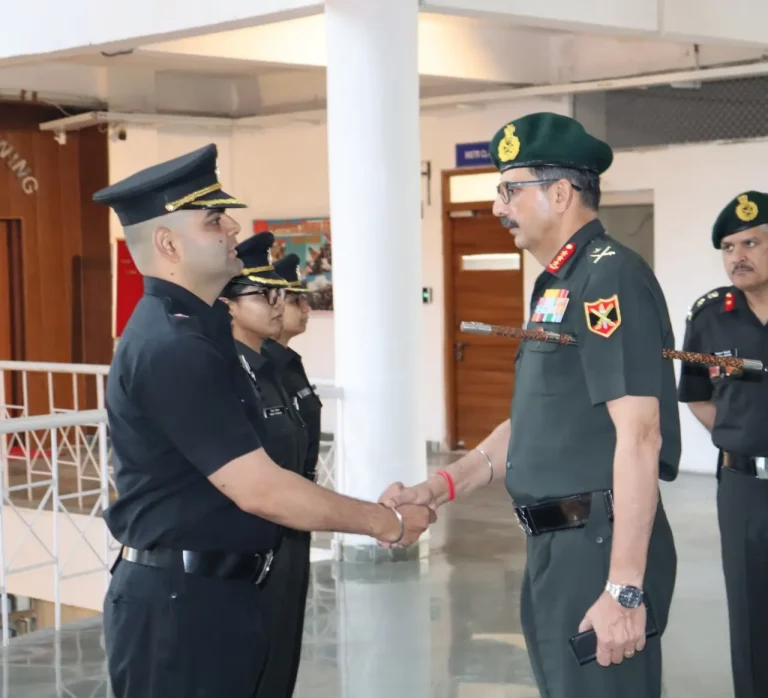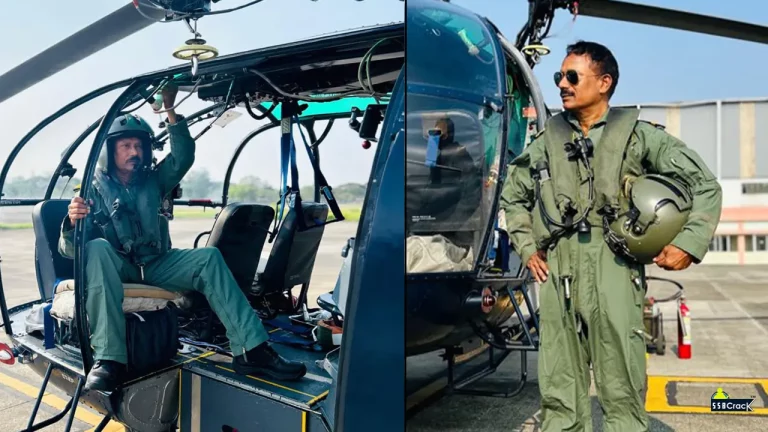In a pivotal meeting aimed at bolstering regional security, Admiral Dinesh K Tripathi, the Chief of the Naval Staff of India, engaged with Lieutenant General BKGML Rodrigo, the Commander of the Sri Lanka Army, at the Naval Headquarters in New Delhi earlier today. This encounter is part of a concerted effort to enhance bilateral defense cooperation in light of escalating maritime security concerns in the Indian Ocean region.
The dialogue encompassed various areas of potential collaboration, chiefly focusing on joint training exercises, capacity-building initiatives, and collaborative strategies to combat shared threats, including piracy and illegal fishing. Recent statistics from the United Nations Office on Drugs and Crime (UNODC) reveal a staggering 50% increase in maritime security incidents in the region since 2020, highlighting the critical nature of the discussions held between the two leaders. The talks also emphasized the need for collective actions to ensure stability and strengthen partnerships between India and Sri Lanka.
This meeting is a continuation of a long-standing history of military cooperation between the two nations. The joint operations against the Liberation Tigers of Tamil Eelam (LTTE) in 2009 serve as a notable example of their collaborative efforts. Presently, the geopolitical landscape is further complicated by China’s increasing influence in the region, exemplified by its 99-year lease of Hambantota Port since 2017, heightening strategic apprehensions.
The discussions align closely with India’s Security and Growth for All in the Region (SAGAR) policy, which seeks to foster peace and economic development through enhanced maritime collaboration. A study conducted by the RAND Corporation in 2024 indicates that bilateral naval exercises could lead to a reduction in regional tensions by up to 30%, underscoring the significance of the discussions that took place today.
The meeting symbolizes the sustained friendship between India and Sri Lanka, with both nations expressing a commitment to deepen their defense ties further. Anticipated future collaborations are likely to result in increased naval interactions and concerted efforts to address emerging security threats, signaling a new chapter in their bilateral relationship.







